SHUT DOWN THE SHAME
HIV stigma refers to negative attitudes, behaviors, and judgments toward people living with or at risk of HIV. It can negatively affect the health and well-being of people living with HIV by discouraging some individuals from accessing treatment and staying in care.
HIV can affect anyone.
And that means stigma can also affect anyone, which could lead to someone avoiding or delaying HIV testing.
Shutting down HIV stigma is a critical part of ending the HIV epidemic.
WHAT IS STIGMA?
As defined by HIV.gov, HIV stigma refers to “negative attitudes, behaviors, and judgments towards people living with or at risk of HIV.”
Stigma can cause many types of discrimination, and can happen virtually anywhere:
- at workplaces
- in homes and family situations
- at schools and universities
- in doctors’ offices and hospitals
- within the justice system
When people experience HIV stigma, it may drive them away from needed health services, cause them to quit their jobs, stop them from pursuing their education, or even deny them fair and equal treatment under the law.
Stigma can also become internalized, when a person with HIV starts experiencing negative thoughts about themselves due to their status. This can cause depression, isolation, and a loss of desire to continue taking their medications.



HOW DO I STAND UP TO STIGMA?
The first step in fighting stigma is educating yourself and getting the facts about HIV.
Stigma about HIV is based in attitudes and fears that first appeared in the 1980s. Today, many outdated misconceptions remain about how HIV is transmitted and treated.
In addition to educating yourself, you can stand up to stigma in a number of ways:
• Become inspired by the personal stories of people living with HIV.
• Talk openly about HIV and stigma.
• Use supportive language when talking about HIV.
• Actively promote facts and discourage stereotypes or myths about HIV.
• Give your time to local and national HIV-related efforts.
If you’re ready to stand up to stigma, customize your pledge card that shows your commitment to speak up and take action against stigmatizing words or actions.

